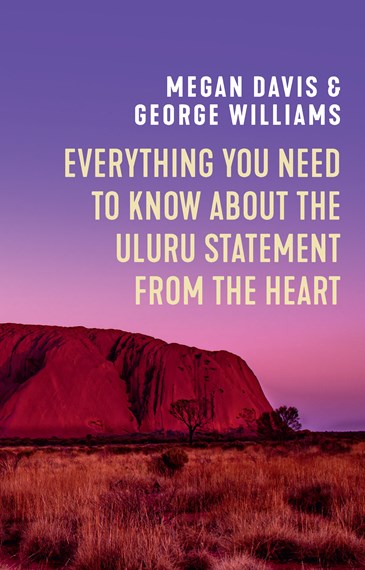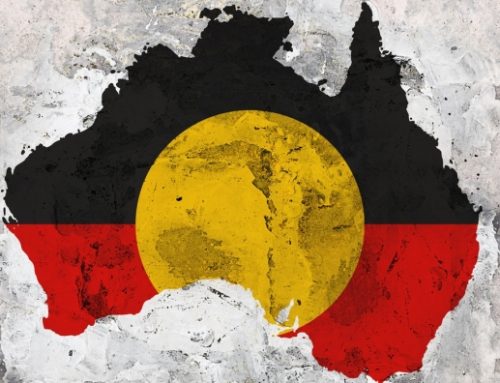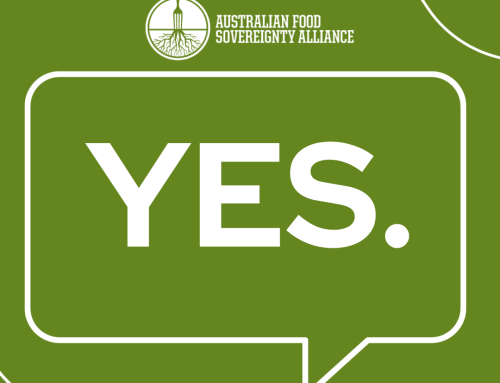Book by: Megan Davis & Georgie Williams
Review by: Tammi Jonas

Everything You Need to Know about the Uluru Statement from the Heart (2021) by the ineffable Megan Davis and George Williams is a clear-eyed account of the history of Aboriginal and Torres Strait Islander Peoples’ struggle for voice, treaty and truth stretching back to the earliest days of the colony. The book highlights the incredible leadership, sheer stamina, and inspiring deliberative democratic process of First Peoples in the long road to the Uluru Statement from the Heart. From the independent Regional Dialogues across Australia, which unanimously called for a Voice to Parliament, to the consensus achieved at the National Convention at Uluru, the inclusiveness and democratic process led by First Peoples across diverse First Nations is a lesson we can all learn from.
The sequence: Voice, then Treaty and Truth
The process was predicated on an amendment to the text of the Australian Constitution through a referendum of the Australian people. The Voice to Parliament is that reform. A treaty does not require constitutional amendment, nor does ‘truth-telling’, at least the way treaty and truth were contemplated by those involved in the dialogues.
The Voice to Parliament is a structural reform. It is a change to the structure of Australia’s public institutions and would redistribute public power via the Constitution, Australia’s highest law. The reform will create an institutional relationship between governments and First Nations that will compel the state to listen to Aboriginal and Torres Strait Islander Peoples in policy- and decision-making.
The next phase of the sequence of the Uluru reforms is a Makarrata, a process of agreement-making and truth-telling. Treaty has been a long-time aspiration for Aboriginal people. Negotiating a treaty is a nation-to-nation process and requires leverage and resources. Having a Voice to Parliament will increase the likelihood that treaty negotiations will be productive and successful.
The Voice will be an enabling mechanism for First Nations people in any treaty negotiations. Aboriginal and Torres Strait Islander peoples are, unfortunately, in a poor negotiating position compared to the state. The Voice will create the Commission that will support First Nations in those negotiations. Without the Voice, a treaty is vulnerable because of the considerable legal power of the Commonwealth. State treaty processes are particularly vulnerable, including those that are ongoing in Australia. Each runs the risk of being undermined by the Commonwealth. (p.152)
With the Prime Minister’s recent announcement that this Government will deliver a referendum for a Voice to Parliament in its first term, every Australian should read this book. As the Uluru Statement from the Heart says of its Aboriginal and Torres Strait Islander authors: ‘In 1967 we were counted, in 2017 we seek to be heard. We invite you to walk with us in a movement of the Australian people for a better future.’






